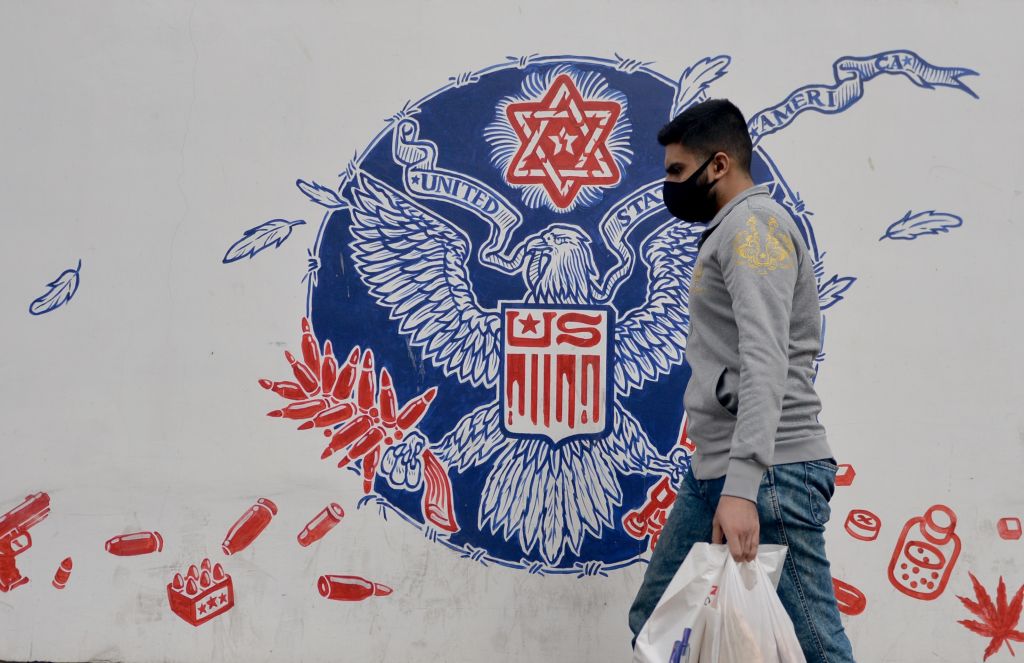US President-elect Joe Biden is expected to make a detailed policy statement on the Middle East in the weeks following his inauguration on 20 January 2021. A new, timely ‘grand bargain’ initiative by Iran, especially in the intervening weeks, could shape that policy in the interests of both countries.
On 4 May 2003, Iran explored a possible rapprochement with the US by initiating an offer to renegotiate their bilateral relationship. This bold initiative, reportedly made with the approval of Iran’s Supreme Leader Ayatollah Ali Khamenei and moderate president Mohammad Khatami, and with significant input by Iran’s ambassador to the UN and now foreign minister Javad Zarif, put all key issues on the negotiating table: Iran’s nuclear and missile development and its regional activities. However, no details were included about how negotiable each issue was.
The offer was made through two channels, an officially deniable fax sent directly to the US State Department by the Iranians and a separate informal communication to the state department from the Swiss embassy, which then, as now, represented Iranian interests with the US. This offer was later nicknamed the ‘grand bargain’.
However, the initiative was rejected outright by the neoconservatives in President George W. Bush’s administration for the basic reason ‘we don’t negotiate with terrorists’. Although not surprised, the Iranians were disappointed by the rejection. In 2001, they had tentatively reached out to the US by providing political and logistic support relating to Afghanistan following the 9/11 terror attacks, only to be rebuffed in 2002 by Bush’s inclusion of Iran, with Iraq and North Korea, in the ‘axis of evil’.
Read the article by Ian Dudgeon in The Strategist.

